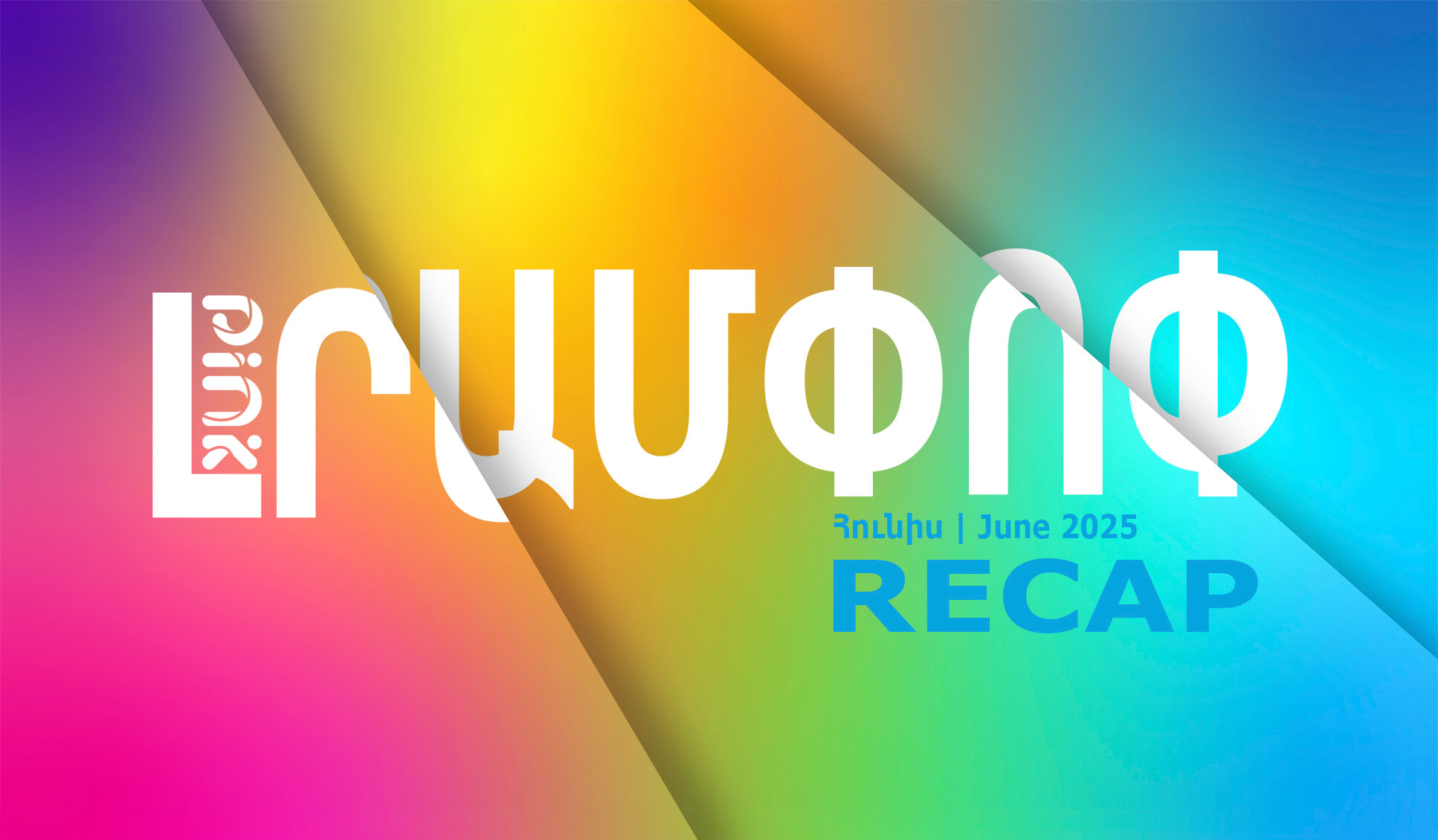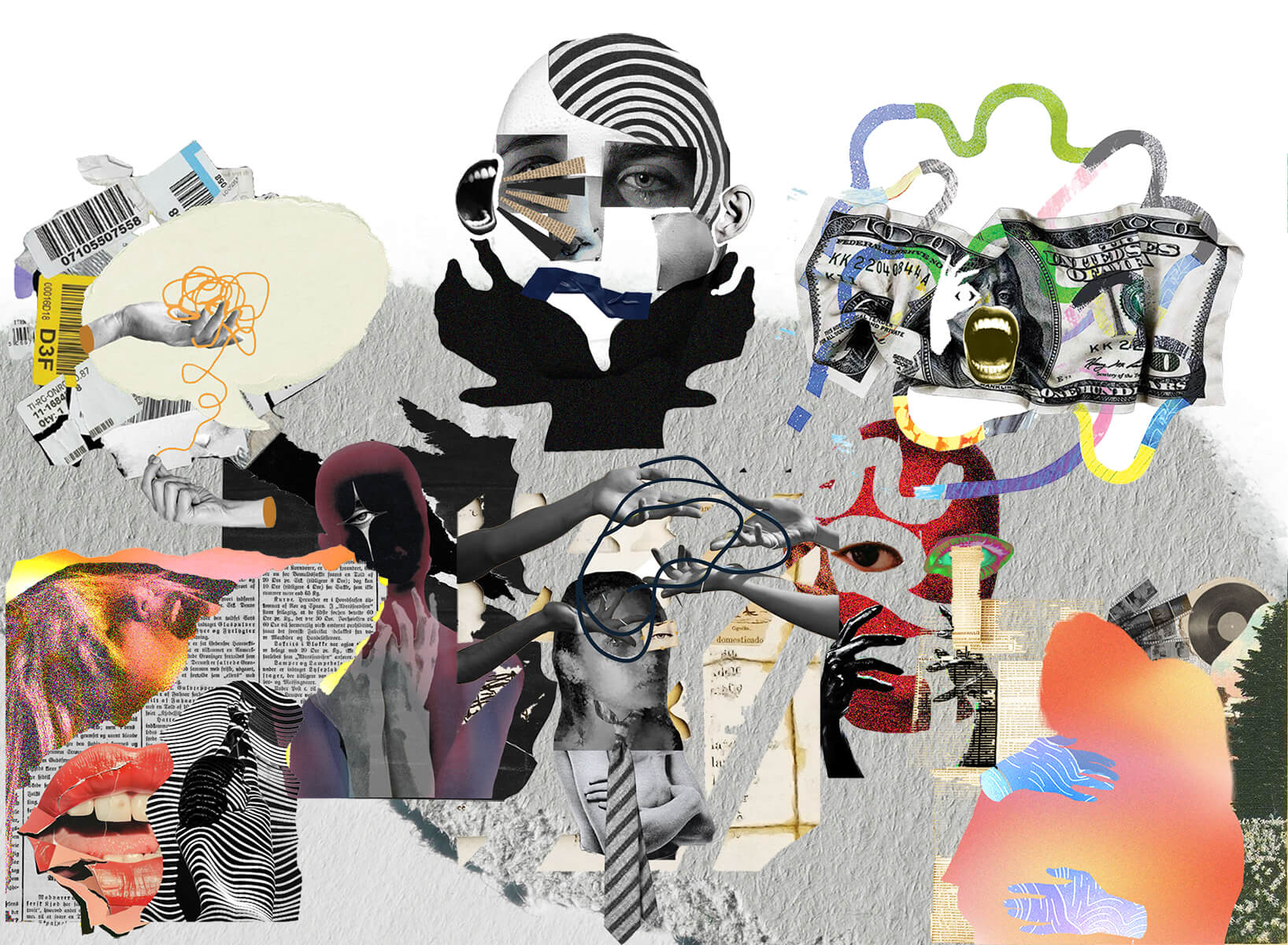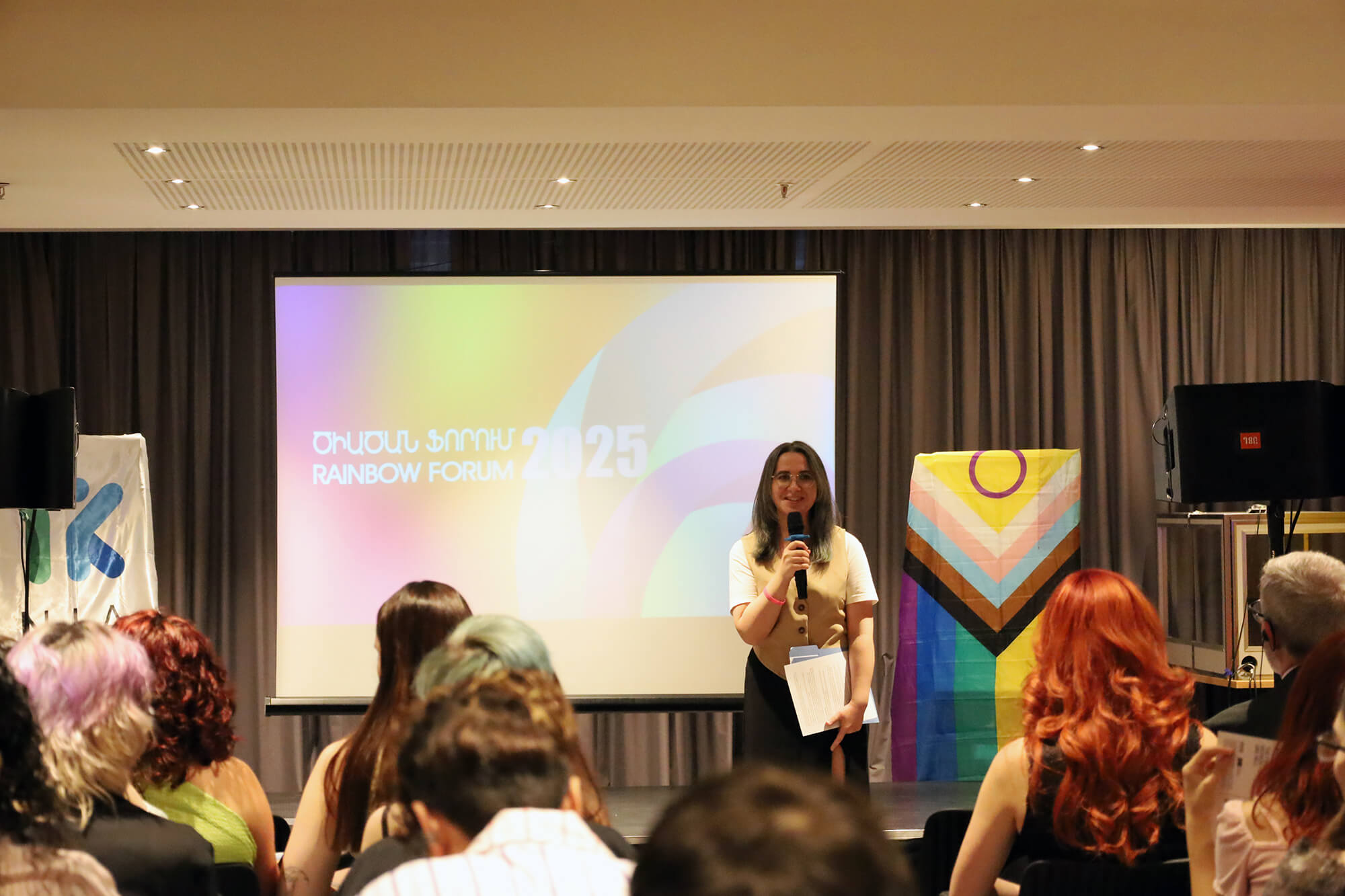Human Rights Practices in Armenia in 2020. US Department of State
US Department of State’s Bureau of Democracy, Human Rights and Labor has published the 2020 Country Reports on Human Rights Practices. The chapter on Armenia highlights significant human rights issues including crimes involving violence or threats of violence targeting civil society figures and lesbian, gay, bisexual, transgender, or intersex persons.
Existing laws do not extend protections to LGBTI persons on the basis of sexual orientation or gender identity (SOGI). Societal discrimination based on SOGI negatively affected all aspects of life, including employment, housing, family relations, and access to education and health care. Anti-LGBTI sentiments and calls for violence escalated during periods of political activism. Many politicians and public figures, in particular supporters of the former government, used anti-LGBTI rhetoric, often positioning LGBTI persons as a “threat to national security.” Transgender persons were especially vulnerable to physical and psychological abuse and harassment.
The COVID-19 crisis exacerbated the legal, social, and economic inequalities faced by LGBTI individuals, as many people lost their livelihoods during the state of emergency. This affected their access to food, accommodation, and other basic necessities. Some LGBTI individuals who had previously left abusive families risked homelessness, while others were locked down with family members who did not accept them. Many LGBTI individuals also found that they were unable to avail themselves of any of the government programs to support vulnerable groups during the lockdown.
In their report, the US Department of States also included human rights violations cases documented by local organizations, however the methodology and practice of cases documentation are different. Nevertheless, Pink’s registered cases are documented with a toolkit developed based on international experience that collects all the facts and details, provides relevant information about human rights violations on the basis of sexual orientation and gender identity. Unlike in other reports, cases registered against LGBT persons can be general violations of the law, not necessarily on the basis of SOGI.
Certain groups and individuals as well as online and broadcast media, predominantly connected to the former regime, promoted acts of discrimination targeting government officials, LGBTI individuals, members of religious minorities, civil society representatives, and human rights defenders. Some of these groups aimed to discredit human rights work and democratic values in general and to silence human rights defenders’ voices in particular. The government did not take effective measures to counter such campaigns and at times fed into the narratives promoted by the hate groups.
HIV and AIDS social stigma is also highlighted in the report. According to the Coalition to Stop Violence against Women, the COVID-19 pandemic complicated access to health services for HIV-positive persons, since most hospitals providing multiprofile services to HIV-positive persons were repurposed to treat COVID-19 patients only.




